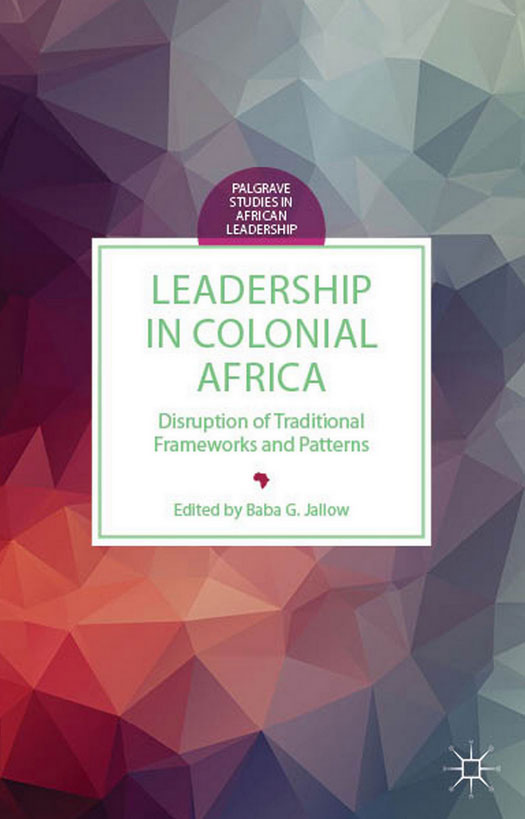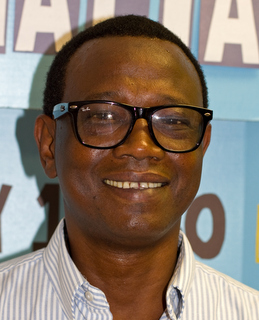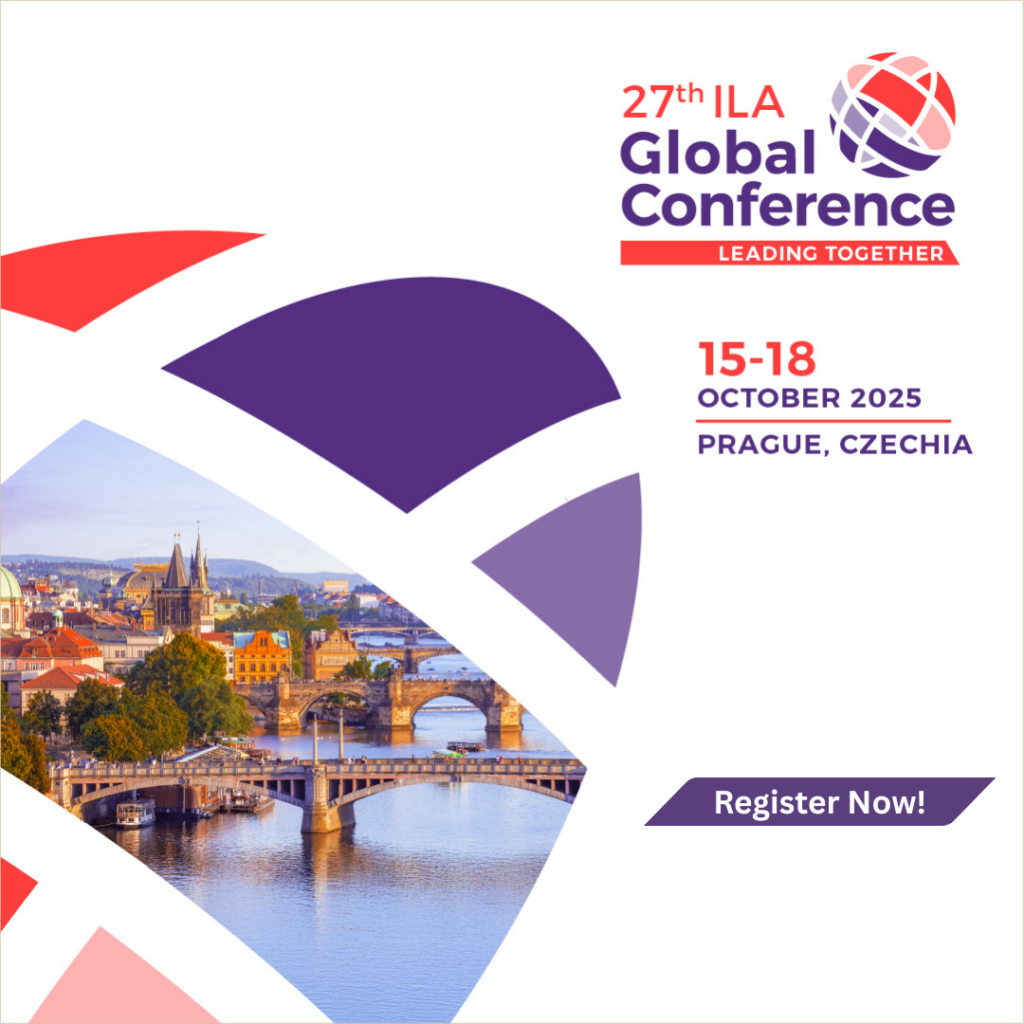
Presenter: Baba Jallow
Date: 24 March 2015
Visit Amazon or your favorite bookstore to buy the book on which this webinar is based.
Share:
Requires Member Login.
Not a member?
Join today!
How did colonialism disrupt traditional leadership patterns in Africa? How has leadership in Africa been transformed in the past fifty years?
Baba Jallow explores these and other questions while talking about the first two books in his new series “Studies in African Leadership” published by Palgrave Macmillan. In this leadership perspectives webinar we learn about the emergence of modern leadership cultures in Africa and the rise of powerful female and religious leaders—political and civic—who have filled the void left by the failure of first generation independent African leaders. Jallow will discuss wide ranging perspective and provide a greater understanding of leadership in colonial and postcolonial Africa and the implications for modern governance and politics on the continent. He will also argue that contrary to the argument by some leadership scholars, leadership studies theory is applicable to and has been used for the study of African leadership.
Outcome of Attending
- The ways leadership studies theory is applicable to African leadership
- How colonialism disrupted African leadership cultures and practices
- The concept of “subject leadership” in colonial Africa
- How African leaders reacted to and opposed colonial rule
- How African leadership transformed following independence
- How civilian leaders stepped in to fill gaps left by political leaders in postcolonial Africa
Speaker Information

Baba Jallow is Assistant Professor of African History and Director of the African Studies Program at Creighton University, USA. He was born and grew up in the West African country of Gambia and did his graduate studies at Rutgers University and the University of California, Davis. Before coming to the U.S. Jallow was editor of two major newspapers in his home country. Jallow specializes in the colonial and postcolonial history of West Africa. His research interests include Sufi Islam in North West Africa and Catholicism in Ghana.


